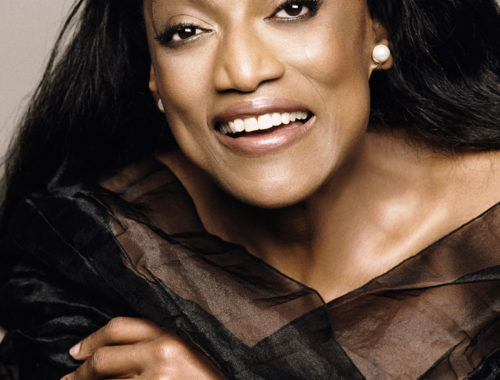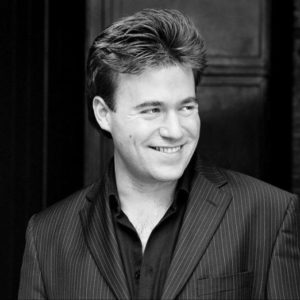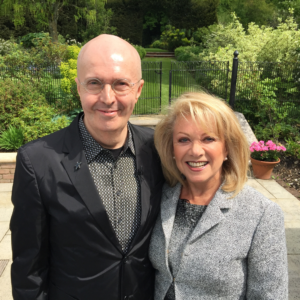SATURDAY 11TH SEPTEMBER 2010 PROM 76 THE LAST NIGHT OF THE PROMS (Royal Albert Hall)
Was there ever an occasion in the Proms’ 116-year history where the penultimate night threatened to upstage the Last Night? Probably not – though in this the most successful season ever (and that’s official) a priceless book of church music collectively known as Vespers of the Blessed Virgin (1610) very nearly did. Sir John Eliot Gardiner has been championing this music for over 40 years – he even named his choir after the composer: Monteverdi – but what made this evening of beautiful singing and sublime echoes so special was its vitality across time and space – almost as if the last two nights of the season were one – sacred and profane.
So what could the Last Night come up with to top the night before? Well, soprano Renee Fleming’s sensational Vivienne Westwood frock for starters. The Last Night usually boasts at least one musical superstar but rarely has the sound so perfectly reflected the attire. Fleming began with five orchestral songs by Strauss and if one had to choose a colour for this music, lustrous amethyst would do nicely. These songs are such a good fit for Fleming and her performances were full of illicit enticements. And yet this hall diminishes voices such as hers to all but those closest to her and it wasn’t until she returned after the interval for her two Czech arias (a nice bit of bonding with the BBC Symphony Orchestra’s Czech conductor Jiri Belohlavek) that the heroics of Milada from Smetana’s Dalibor and her signature “Song to the Moon” from Dvorak’s Rusalka heard her in full effusion. She sang the Dvorak with an indulgence befitting a Last Night, holding the high B “money note” at the close as if attempting to carry us through to next season. Oh, and she wore the embellishments of Rule, Britannia! like expensive accessories.
No less seductive a voice, though, was that of Ukrainian viola player Maxim Rysanov – a real artist who’s been having the last laugh on behalf of much-maligned violists everywhere. His transcription of Tchaikovsky’s Variations on a Rococo Theme almost made one forget that it had been composed for the cello. Myriad refinements brought depth and brilliance, virility and sensitivity, in equal measure. Sir Thomas Beecham’s description of the viola as the hermaphrodite of the string section seemed especially fitting.
The carnival had begun with a new Jonathan Dove curtain-raiser A Song of Joys, an exuberant choral setting of Walt Whitman (good for the “special relationship”) full of catchy syncopations and a witty alliterative orchestral response to Whitman’s words. It chimed well with Parry’s paean to “voice and verse” from another age and an altogether grander, fustier, brand of Englishness: Blest Pair of Sirens.
And so, urged on by Jiri Belohlavek’s charmingly fractured English we collectively did the business for “Jerusalem” and “Land of Hope and Glory”. But there was an addition to our somewhat lairy community singing this year – and that was “the football song” You’ll Never Walk Alone, a nod to the half-centenary of Oscar Hammerstein II’s death. But where was Renee Fleming when you really needed her?
You May Also Like

GRAMOPHONE: From Where I Sit – November 2019
04/12/2019
A Conversation With BENJAMIN WALLFISCH
19/06/2013
